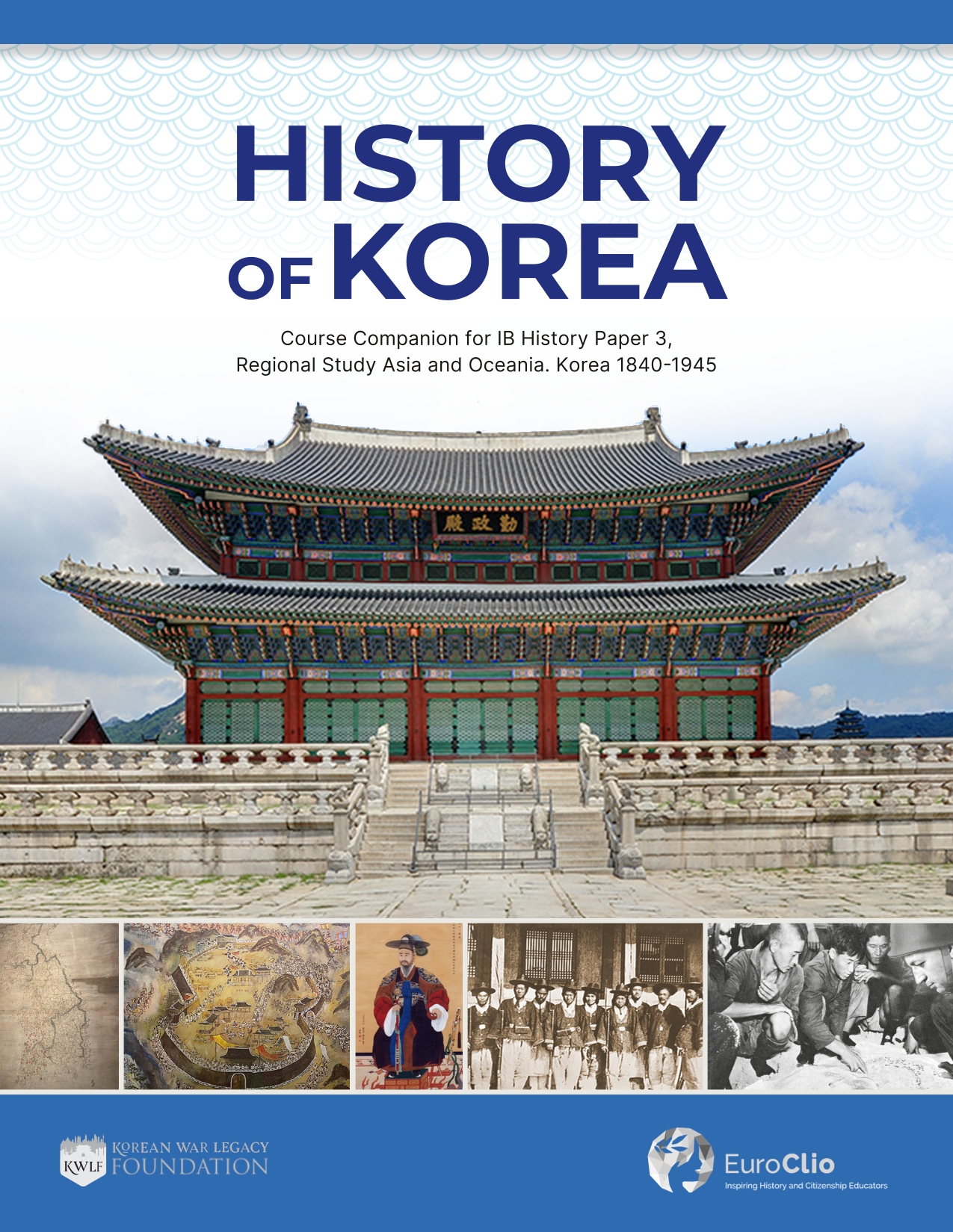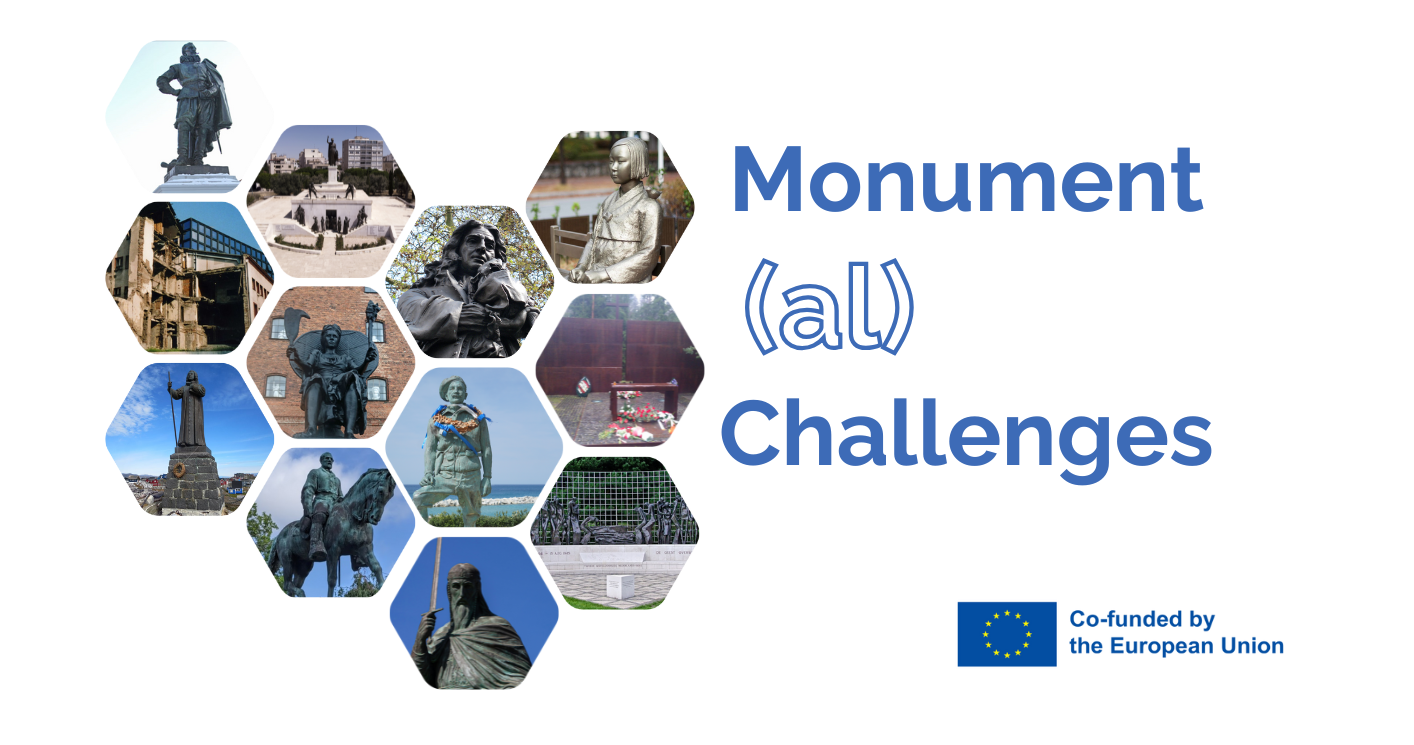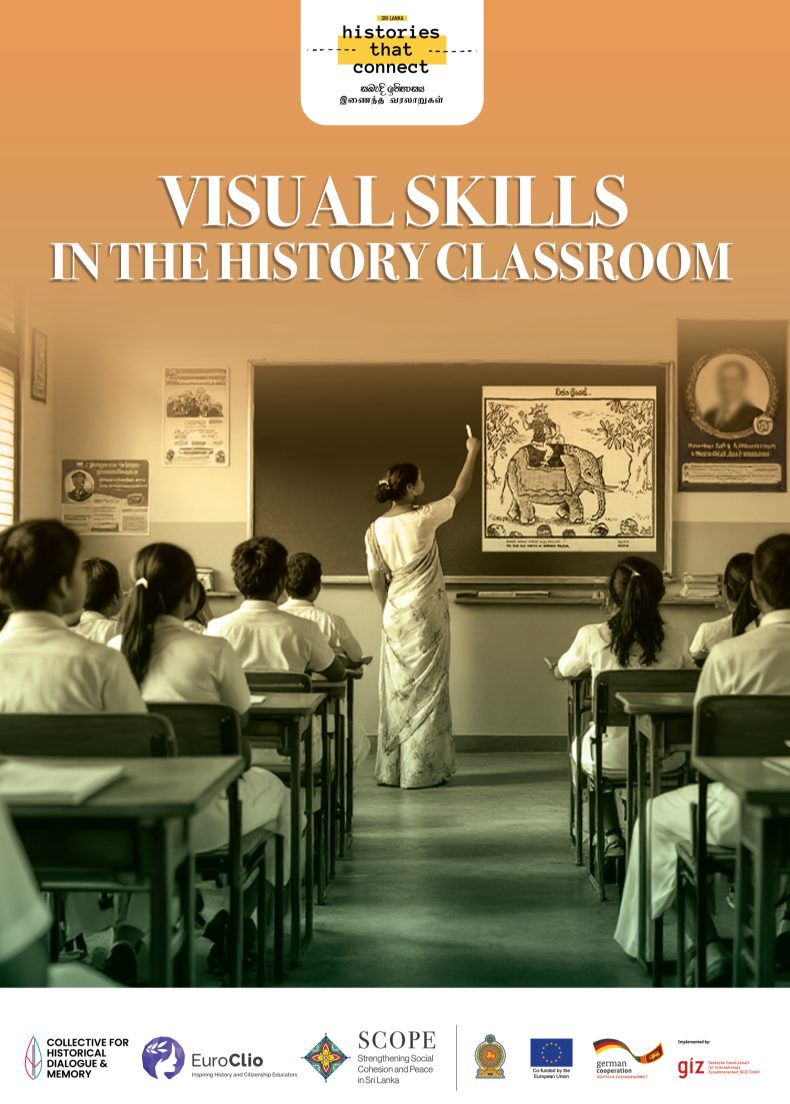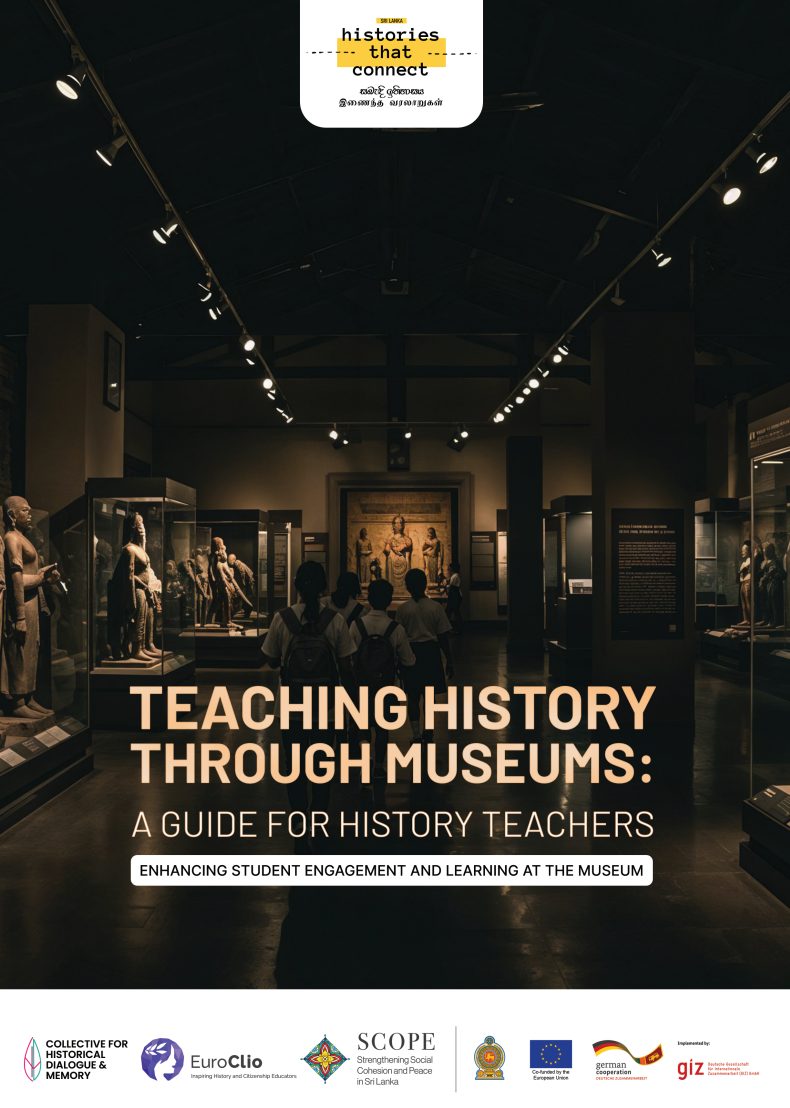This practice aims to tackle the challenge of how to enable low-attaining students to achieve highly, in a mixed ability classroom, particularly with regard to helping them to produce an extended piece of writing, based on analytical thinking and historical knowledge. To support weaker students, Michael Riley designed the learning on Emperor Augustus around a rigorous and engaging enquiry question that students answered by means of an extended piece of writing. The historical enquiry was divided into a sequence of lessons, each touching upon different aspects of the question, while connecting to the overall clear structure of the learning. In order to achieve accessibility for all students, three key scaffolding strategies were used for the learning: an initial hook, a thinking frame for the sequence of lessons, and a writing frame to structure the final extended writing.
The Practice
Michael Riley, Director of the School History Project, designed an inclusive practice which aimed to support students in a mixed ability classroom setting. Specifically, the practice consisted of a sequence of lessons built around a single enquiry question: How great was Augustus? The end product of this enquiry consisted of an extended piece of writing, assessing the enquiry question. The enquiry has been designed for a classroom of 30 students aged between 11 and 12, of which around one third was struggling with reading and writing in history, and hence with developing historical knowledge.
The enquiry set high expectations for all students. In particular, it was designed to ensure that low-attaining students were able to produce a piece of extended writing that addressed the question, had a clear structure and was supported with relevant historical knowledge.
The first strategy aims to create interest in the people, events or situations in the past by using a powerful ‘hook’. In Michael Riley’s enquiry around Emperor Augustus, the initial hook was based on contrasting sources about the greatness of Augustus. The first source, a cameo in the British Museum and statues of the Emperor, portrayed him as powerful and beautiful. The second source, a written description of Augustus, described the Emperor as a rather short, and ugly individual. These contrasting sources on the appearance of Emperor Augustus grabbed students’ interest and provided an accessible start to the enquiry’.
The second strategy aims to ensure that students are supported in developing their historical knowledge and thinking. Planning a sequence of lessons around a single enquiry question that requires a piece of extended assessment as end product is a good way to achieve this. In order to render the challenge accessible, supporting structures to help students’ thinking’ should be provided by the teacher. In the case of this practice, the enquiry was built on a structured sequence of learning, which has been organised around the six lessons on Augustus: his appearance, his private life, the Senate, the Army, Rome, and the Empire. In order to help students to select, sort, classify, and simplify historical information, a thinking frame in the form of a graphic organizer was provided. After each lesson, students were required to sort and organize the historical information received, by deciding whether to put this information into attributes that rendered Emperor Augustus great, or not.
The third strategy aims to ensure the accessibility of the learning, by providing scaffolding for the extended piece of writing. Specifically, Michael Riley aimed to model the language of discourse, and to provide students with guidance on how to structure their extended writing’. In assessing the greatness of Emperor Augustus, students were provided with a writing frame that contained several elements helping them to turn their ideas into an extended piece of writing built on historical knowledge and critical thinking. Specifically, the writing frame set up the four paragraphs that students could use to structure their writing’, namely the introduction describing Augustus, discussing potential problems with evidence on Augustus, students’ own judgement on the greatness of the Emperor, and a concluding paragraph.
Obstacles and lessons learned
The key challenge that Michael Riley encountered while implementing this practice, based on an overall historical enquiry, was the planning process involved. In order to ensure that the learning was accessible, each of the six lessons needed to be thought through with regard to the overall sequence of lessons. Such planning requires for teachers to think beyond the individual lesson, and to consider exactly how each lesson contributes to the overall enquiry.
The effect of the practice
The practice by Michael Riley, involving a sequence of lessons built around a rigorous and engaging enquiry question, had a significant impact on students’ learning’. One student, for example, who was interested in history per se, but was struggling with school history due to his difficulties in reading and writing as well as in thinking analytically, was able to produce a high-quality piece of extended writing on the greatness of Augustus, demonstrating his analytical skills and historical knowledge. Applying the principles of this practice to your own work can contribute to rendering school history more challenging, fascinating and accessible for all students. The process of historical enquiry specifically helps learners to build historical knowledge and understanding.
About the interviewee
Michael Riley is Director of SHP, which promotes a more meaningful, diverse and engaging history curriculum in English schools. Through his work, he seeks to make school history more challenging, fascinating and accessible for all students. He is particularly interested in helping learners to build historical knowledge and understanding through the process of historical enquiry.
Background to the project
The enquiry was initiated by Michael Riley. He was inspired by working with his colleagues and likeminded people of the School History Project, such as Jamie Byrom or Christine Counsell. His thinking about how to render school history more challenging, fascinating and accessible for all students is underpinned by three principles: first, all students should be engaged with history in a challenging way; secondly, all students should gain deep and broad historical knowledge; thirdly, all students should be engaged in historical enquiry that involves critical thinking and communication in an extended written format.
Additional Information
Support material
This practice, while making use of the case on learning about the greatness of Emperor Augustus, can be easily transferred by following key principles underpinning this practice:
- Expectations in terms of knowledge, understanding, and critical thinking should be kept high.
- The enquiry should be planned across a sequence of lessons. Your enquiry should have a rigorous and engaging question and provide a clear structure for the learning as well as a motivating learning outcome.
- The learning should be scaffolded, most notably by making use of a hook, and thinking and writing frames.
More info
More information about the work of the School History Project can be found at their website: http://www.schoolshistoryproject.co.uk/
Written by Henrik Hartmann (EuroClio) based on an online interview with Michael Riley (SHP) in The Hague on 27 July 2017.




